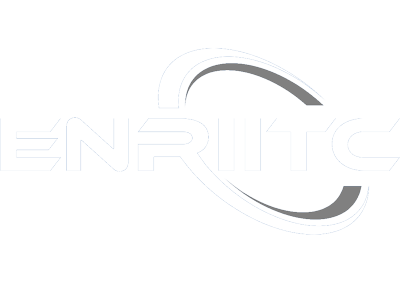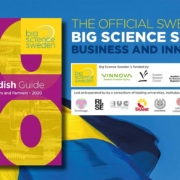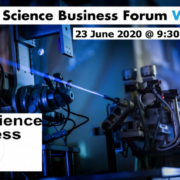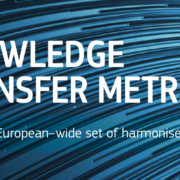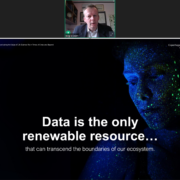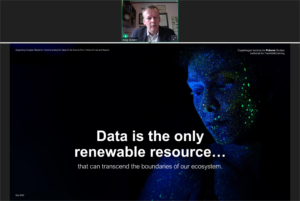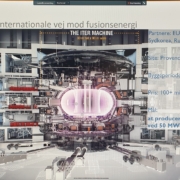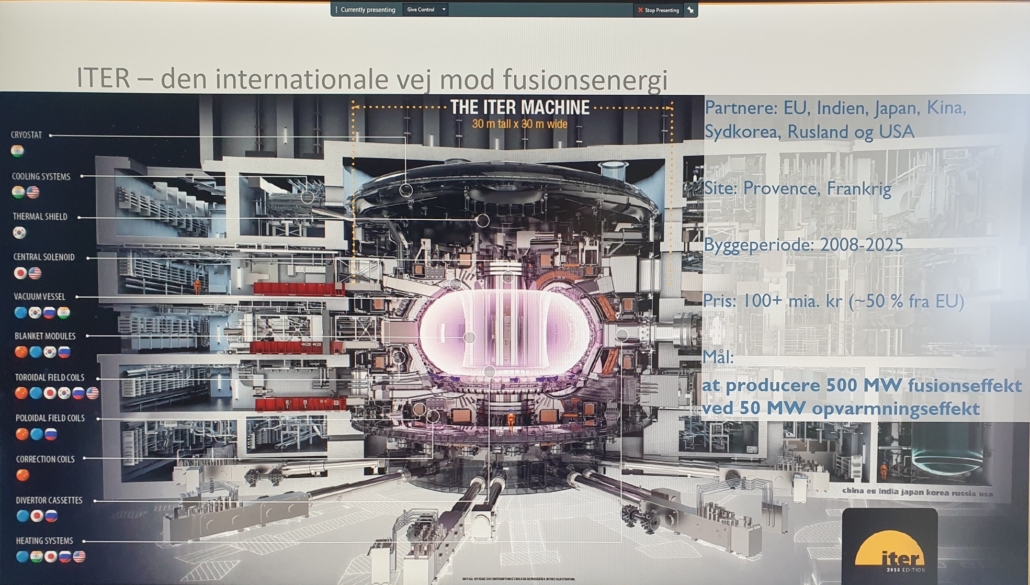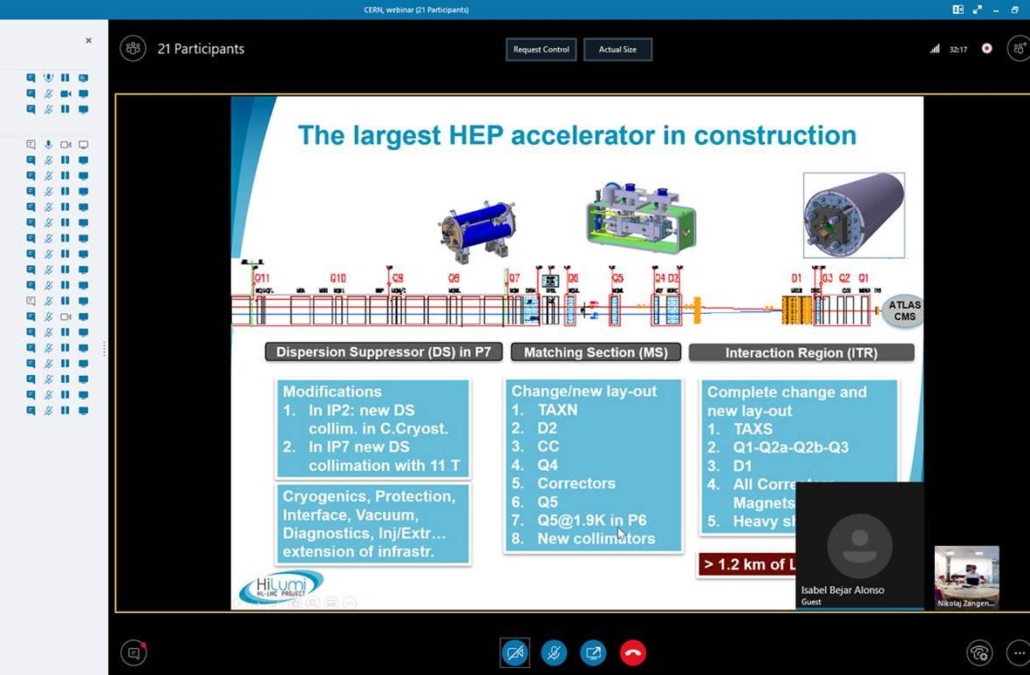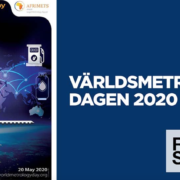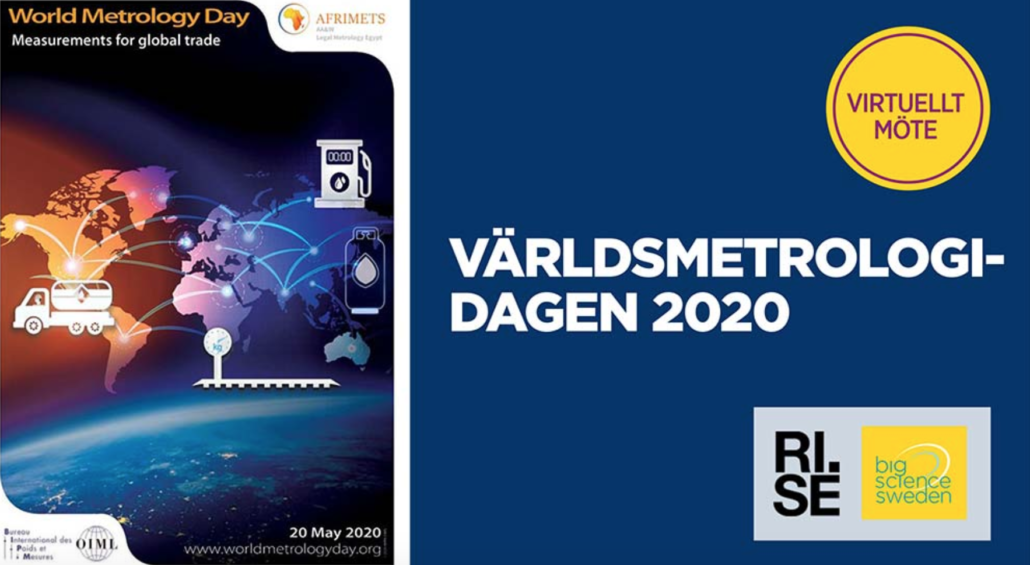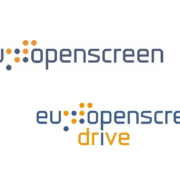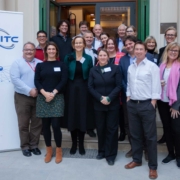
Expert Graber-Soudry Discusses “Winning Big Science Contracts”
On Tuesday 26 May, 2020, Big Science Sweden hosted the virtual training session, “Winning Big Science Contracts.” Trainer, Public Procurement Expert, and EU Attorney Ohad Graber-Soudry presented: the main stages of the tendering process, how to more effectively submit to tenders, and explained tenderers’ rights for 20+ participants. As former Head of the Legal Division at ESS, he participated in and developed ESS’s procurement rules. This was a great opportunity to find out what we really need to do to win more contracts!
Agenda for the day
More specifically, the presentation discussed the importance of the legal framework; why procurement procedures matter; everything we need to know about technical specs; and he also spoke about exclusion, selection, and award criteria. The presentation through line explored how to maximise our chances of success when we’re drafting tenders.
Graber-Soudry’s key points and questions:
- Read and know all procurement documents carefully;
- Identify the required information and seek professional help from organisations like Big Science Sweden;
- It is crucial to understand the regulations at different types of plants. Is the facility a national or international organisation, or an ERIC (European Research Infrastructures)?
- This also applies to various legal frameworks.
The event was co-ordinated by Big Science Sweden’s Anna Hall and Frida Tibblin-Citron.

“It went well and we were 24 participants. One main takeaways from the training was the importance of creating close business contacts with key persons at the facilities, and to register in the different databases. And don’t hesitate to use your country’s ILO for further support,” reported Tibblin-Citron.
Anna Hall also added, “Do not hesitate to contact us. Also, do not hesitate to talk to any technical manager at the plant, and discuss various technical solutions.”
This virtual conference presented new knowledge, a chance to network, and good dialogue on procurement education. This also provided added value to increase our chances of winning contracts for the research facilities in the future. To read more about this training and stay up do date on future Big Science Sweden events, please visit their page here.
